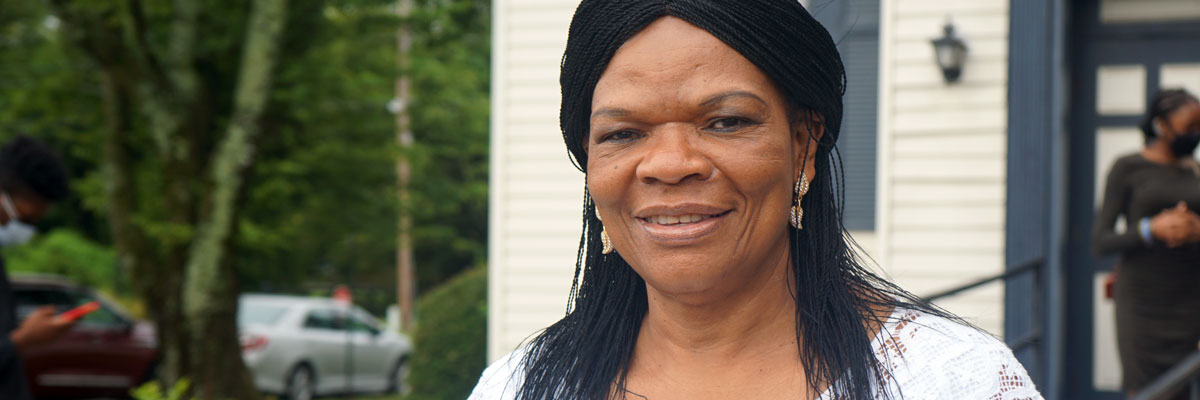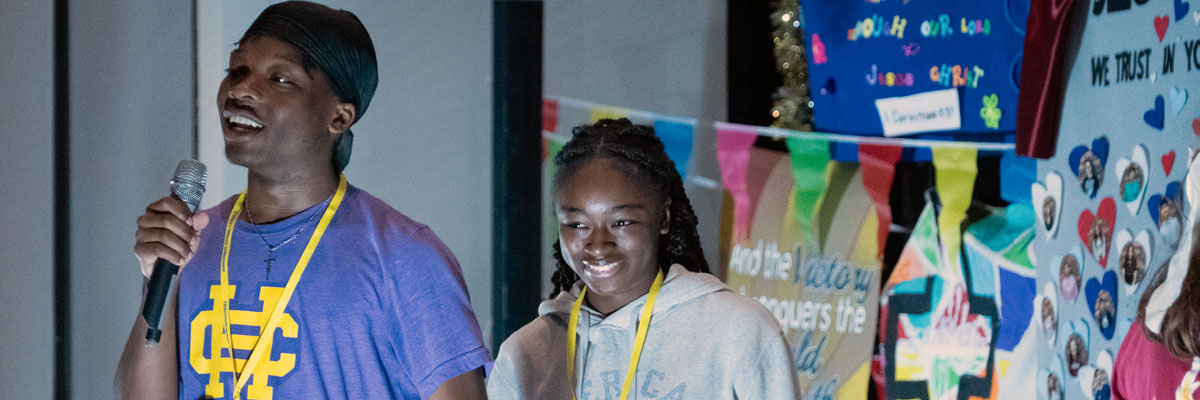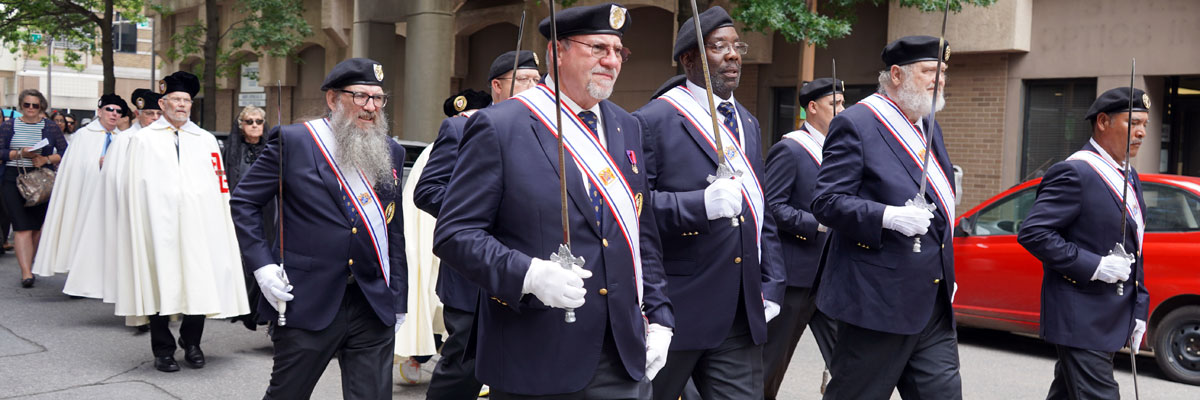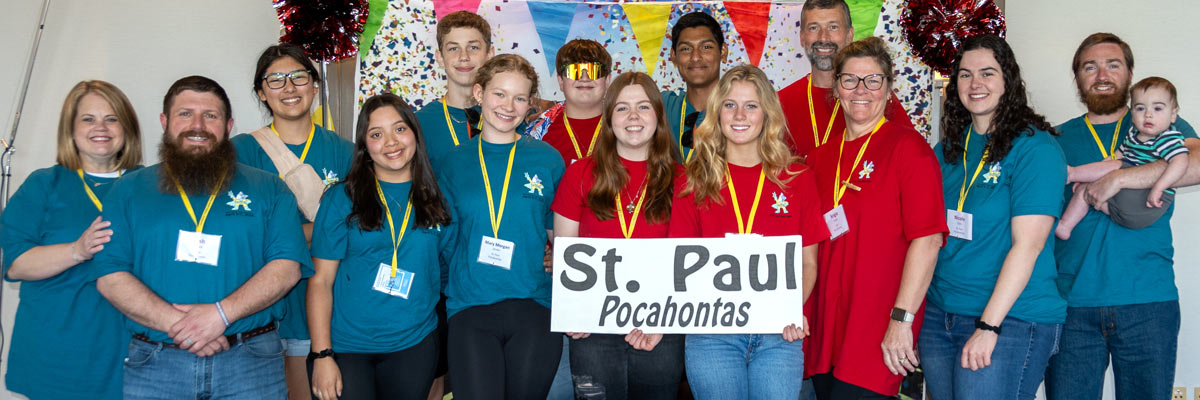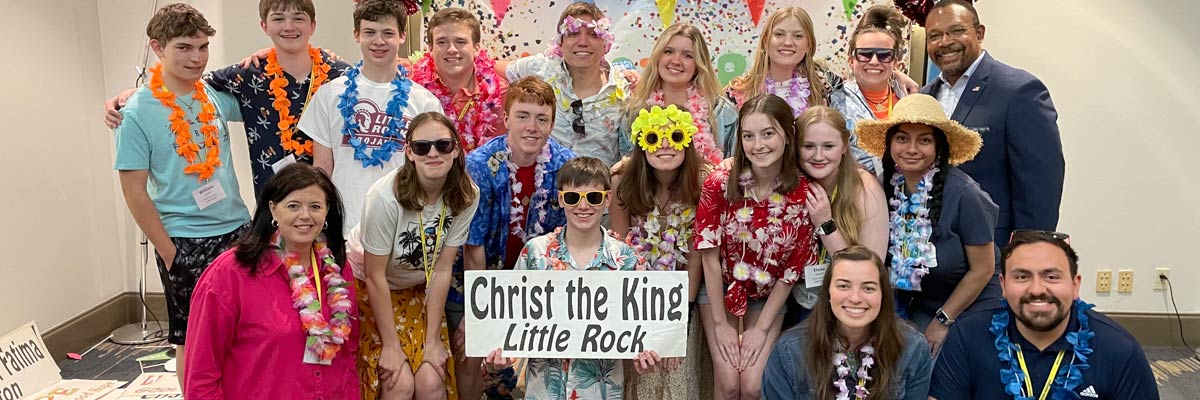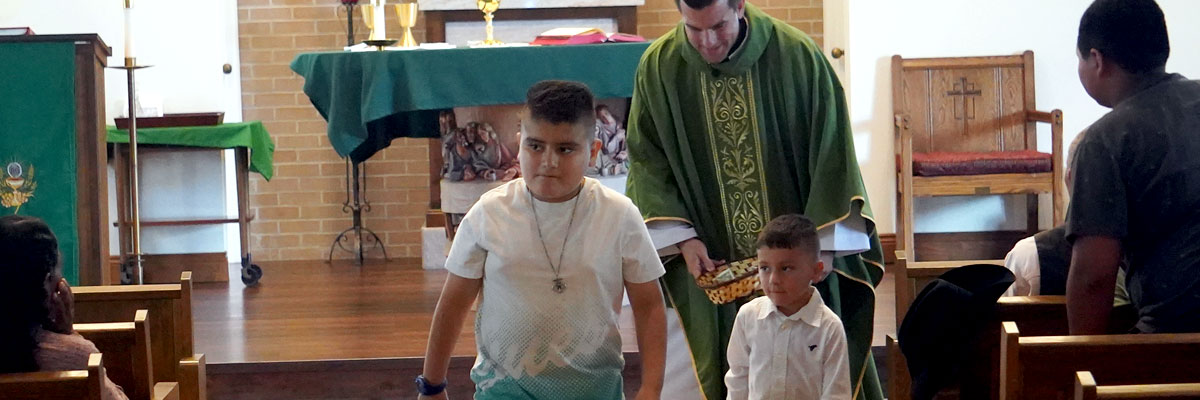Official Website of the
Catholic Diocese of Little Rock
Divine Mercy Sunday 2019
Published: April 28, 2019
Bishop Anthony B. Taylor preached the following homily during the Mass of Hope and Healing for survivors of child sexual abuse at St. John Catholic Center in Little Rock on Sunday, April 28, 2019. April is National Child Abuse Prevention Month.

Bishop Taylor
The first half of today's Gospel on this Divine Mercy Sunday describes an appearance of Jesus to his disciples, which occurred the very evening of the day he rose from the dead.
Ten of the 12 were present: Judas and Thomas were missing. In Matthew we learn that Judas had committed suicide on Good Friday; hanging himself — probably hanging himself in despair from a tree and headed for perdition — hanging himself at the very time that Jesus was hanging on the cross to bring us hope and salvation.
There are six very important things to notice in this Gospel.
Jesus teaches us in the Lord's Prayer that we are all obligated to forgive others if we want to be forgiven ourselves. "Forgive us our trespasses as — in the same measure that — we forgive those who have trespassed against us." This is sometimes very hard to do, especially when the damage is severe, but this helps us find healing and become survivors — no longer merely victim — of those who have harmed us.
(1.) The disciples had gathered behind closed doors out of fear that Jesus' adversaries would do to them what they had done to him. That's why they had fled when he was arrested.
(2.) The first words that came out Jesus' mouth were "Peace be with you." Facing Jesus' adversaries was not the only thing the disciples feared. Seeing a dead man enter a room — despite closed doors — would put us into a panic too, especially a man whom we had abandoned in his hour of greatest need ... presumably come back to haunt us.
But that was not Jesus' purpose: He had come to forgive, to reconcile and to send forth. He had come to restore peace to their broken and remorseful hearts, and then to send them forth to bring forgiveness and peace to others.
(3.) To show that he was not a ghost come back to haunt them, he showed them his hands and his side. The unique wounds proved it was Jesus and the fact that they could touch them proved that it was a true resurrected human body, not a ghost.
Then he breathes on them and sends them forth with the mission to forgive sins.
(4.) Jesus breathing on them recalls God's original creation where God "blew into Adam's nostrils the breath of life and man became a living being." (Gen 2:7). Now Jesus breathes new life into his disciples, the new spiritual life of God's new creation.
In Genesis Adam breathes in regular air; here the disciples breathe in the Holy Spirit who will now be working in and through them. Adam received ordinary human life; the disciples receive immortal life for themselves and through them for others.
(5.) Jesus changes these 11 men from disciples into apostles; from seminarians, so to speak, into missionaries. They were his students, now he sends them forth with a mission to accomplish — which is what the word "apostle" means: "those who have been sent."
(6.) And a major part of this mission is to bring peace to others through the forgiveness of their sins. Since Jesus had forgiven them their betrayal, saying "Peace be with you," they are now sent — and obligated — to bring to others that same peace and reconciliation, which they themselves had so undeservedly received.
This power that Jesus gave his apostles to forgive sins is exercised in the sacrament of penance, but not only there. Jesus teaches us in the Lord's Prayer that we are all obligated to forgive others if we want to be forgiven ourselves. "Forgive us our trespasses as — in the same measure that — we forgive those who have trespassed against us."
This is sometimes very hard to do, especially when the damage is severe, but this helps us find healing and become survivors — no longer merely victim — of those who have harmed us. They may still have to be held accountable in the external forum, but forgiveness in the internal forum of our heart breaks their power over us and brings us healing, even in extreme cases — hence, for instance, this Mass of hope and healing for victims of clergy sexual abuse.
Today is Divine Mercy Sunday, a day in which we become present to those 10 disciples gathered behind closed doors that first Easter evening and then a week later also with Thomas.
Jesus speaks words of peace to us, frees us from our fears, forgives us our sins, restores peace to our broken and remorseful hearts, breathes into us the eternal life of God's new creation and then sends us forth to bring to others the same peace and reconciliation that we ourselves have so undeservedly received.


